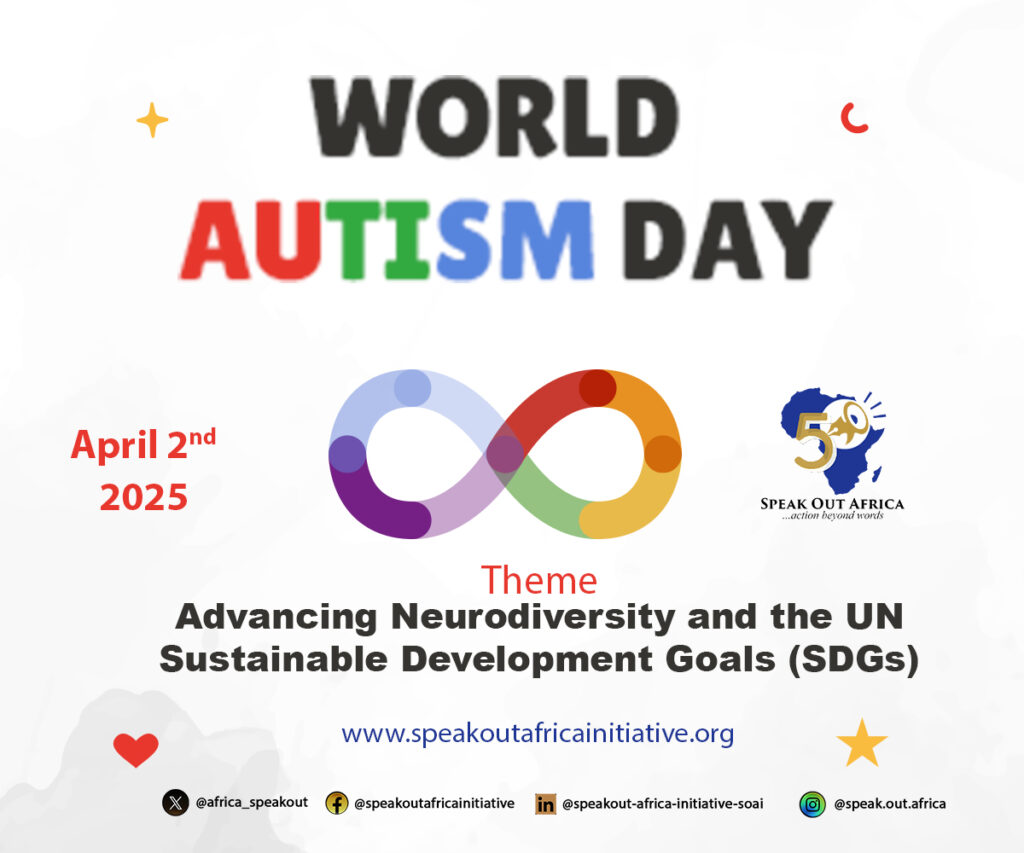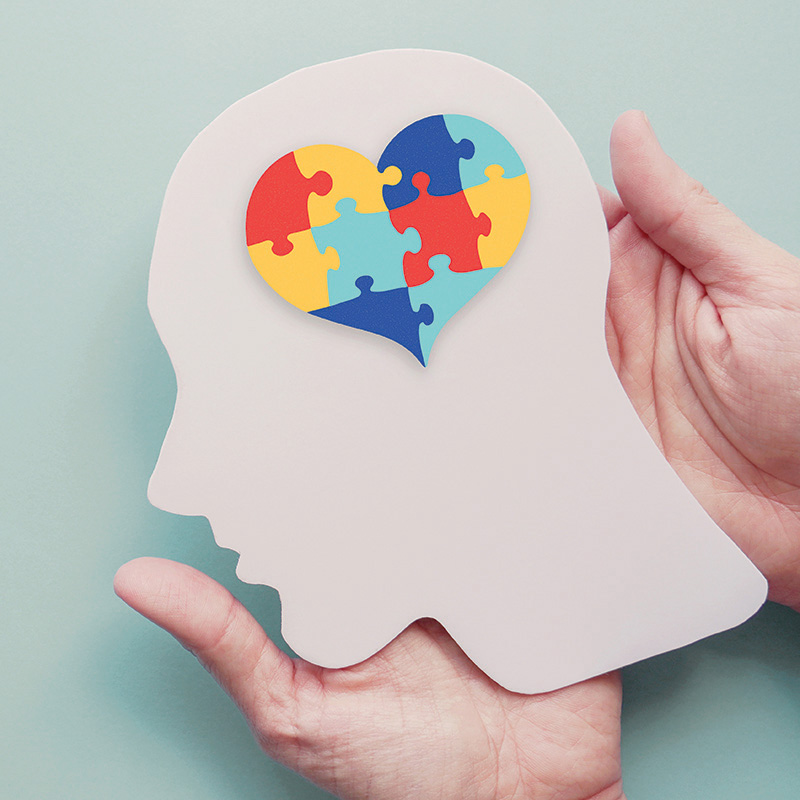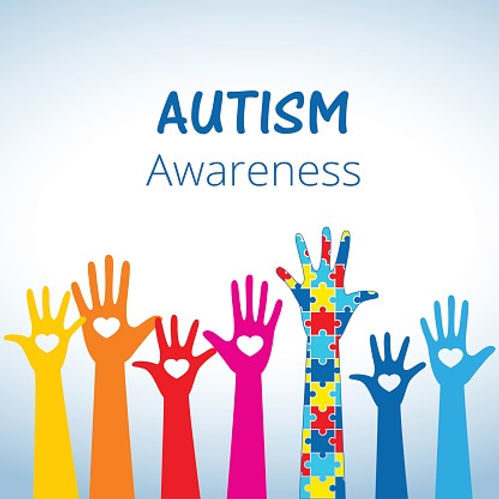Breaking Barriers: The Importance of Autism Awareness in Africa

World Autism Awareness Day
Autism is a global issue that affects millions of people, but in many African countries, awareness, understanding, and acceptance of autism remain limited. Across the continent, individuals living with autism often face discrimination, social exclusion, and limited access to resources. Today, as we observe World Autism Awareness Day, it is an opportunity to reflect on the importance of increasing awareness, breaking down barriers, and supporting individuals with autism in Africa.
The Current Landscape of Autism in Africa In many African countries, there is still a lack of education about autism spectrum disorder (ASD), which contributes to misconceptions and stigma. Autism is often misunderstood as a mental illness or is completely overlooked, and many individuals with autism are left without a proper diagnosis or intervention. This lack of understanding extends to the medical, educational, and social systems, leaving children and adults with autism to navigate an often unwelcoming world.
In some cases, families may not have access to the specialized services or therapies that are crucial for the development and well-being of individuals with autism. Early intervention is essential for improving the lives of individuals on the spectrum, but too often, these services are not available or affordable in African countries.
The Need for Awareness and Advocacy
Autism awareness is a vital first step toward changing the narrative surrounding autism in Africa. By raising awareness and fostering understanding, we can challenge the stigma and negative attitudes that individuals with autism face.
Advocacy plays a critical role in pushing for more inclusive education systems, accessible healthcare, and community programs that support the integration of people with autism into society. Awareness campaigns, such as those led by organizations like Speak Out Africa Initiative, aim to educate the public about autism, reduce stigma, and promote empathy.

Raising awareness also paves the way for governments to allocate resources to improve services for individuals with autism, ensuring that they have access to the support they need.
The Role of Education in Promoting Inclusivity
Education is one of the most powerful tools for breaking down the barriers faced by individuals with autism. In Africa, the education system often lacks the infrastructure to support students with special needs, including those with autism. However, inclusive education can create opportunities for children with autism to thrive academically and socially.
Schools and educational institutions across Africa must adopt inclusive practices that accommodate children with autism and other developmental disabilities. This includes training teachers on how to identify and support students with autism, creating safe and welcoming environments, and integrating assistive technologies that can help children learn more effectively.
Additionally, early diagnosis and intervention are crucial. The sooner a child is diagnosed, the sooner they can begin receiving the support they need. In many parts of Africa, however, autism is often diagnosed late or not at all. Advocacy for earlier screening and better access to diagnostic services is essential for ensuring that children on the autism spectrum get the best start in life. How We Can Make a Difference Organizations, governments, and individuals all have a role to play in improving the lives of people with autism in Africa. Here’s what can be done to make a real impact:
Promote Autism Education: Awareness campaigns and educational programs should be conducted in schools, communities, and healthcare facilities to ensure people understand autism and how to support individuals with it.
Create Inclusive Policies: Governments should enact policies that mandate the inclusion of individuals with autism in all aspects of life, from education to employment.
Provide Accessible Resources: Access to diagnostic services, therapies, and specialized healthcare must be made affordable and available to all families, regardless of their socio-economic status.
Encourage Social Inclusion: Breaking down the barriers to social inclusion is crucial. We need to create communities that celebrate diversity and support people with autism in all aspects of life.
A Call for Action: Autism awareness is not just about understanding the condition; it’s about advocating for change. It’s about creating a world where individuals with autism have equal opportunities to live fulfilling lives, access quality education, and participate fully in society. The African continent has the potential to become a global leader in autism awareness and inclusion, but this will require concerted efforts from governments, organizations, communities, and individuals alike.
On this World Autism Awareness Day, let’s make a commitment to break down the barriers for individuals with autism. Let’s speak out, raise awareness, and work toward a future where every individual, regardless of ability, has the opportunity to thrive.
#WorldAutismAwarenessDay #AutismAwareness #SpeakOutAfrica #InclusiveEducation #AutismInAfrica #BreakingBarriers


